|
Benzine's Claude Lanzmann: Spectres of the Shoah explores the making of a cinematic classic If you're going to interview Claude Lanzmann, you'd better be prepared. "He has very little patience for people who haven't done their research," journalist-turned-filmmaker Adam Benzine told Nonfictionfilm.com. Fortunately, Benzine had done his homework before he sat down with Lanzmann, the acclaimed director of the landmark 10-hour Holocaust documentary Shoah. Their week-long conversation became the basis for Benzine's film Claude Lanzmann: Spectres of the Shoah, which competes for an Oscar this Sunday in the category of Documentary Short Subject. Claude said, 'Okay, I agree. Come to Paris immediately and let’s film.' As Benzine prepared to head to Hollywood for the Oscars, he spoke with Nonfictionfilm.com about making a documentary on the man behind one of the greatest documentaries ever made. Nonfictionfilm.com: You begin your film with brief interviews with notable people talking about Claude Lanzmann and Shoah. Tell me about your decision to take that approach. Adam Benzine: I knew first off that I didn’t want to have talking heads throughout the film. Once we got into Claude’s story I really wanted to stay with him. This is him telling his own story with his own words and I didn’t want to interrupt that. But I did want to give some context beforehand... even if it’s in the space of two minutes, just to say “Shoah is a film about the Holocaust. It’s regarded as a masterpiece. It’s an incredibly unique film about the Holocaust. It was made by a man called Claude Lanzmann. He’s a genius but he’s also regarded as being very difficult.” I didn’t feel it needed much more than that. NFF: I liked this approach because it added suspense; we didn't quite know what to expect from Claude. AB: It’s good to kind of wrong-foot people a bit… It also sets up that this isn’t necessarily going to be a hagiographic film. I’m happy to have someone say within the first minute that he’s a megalomaniac. It kind of makes people sit forward. NFF: What was your experience with Claude? We don't see him eating you for breakfast. AB: My experience of Claude was a lot of different things. First and foremost an incredible interview. This comes from a journalist who has interviewed thousands of people. So it was perhaps the interview of my life. He was exactly as I’d hoped he’d be — lucid, poetic, interesting, eloquent, thoughtful and not nearly as difficult as he can be. And I don’t know if that’s because we’d built a rapport or I’d caught him on a good week. I’d like to think it was that we built a rapport and that he could see I’d done a lot of research and I knew his work inside and out. NFF: Did you know upfront that you would be making a short film versus a feature? AB: I couldn’t see that it would be more than an hour because of the story that I wanted to focus on which was really his journey from making Shoah from ’73 to ’85... I certainly had distributors in New York saying, “You’ve got to do this [as a feature] because we’ll do great business. We’ll have a great theatrical run.” But I really felt it wouldn’t be in service to the film, that it would make for a saggy feature. NFF: As you say in the film, Lanzmann was 47 when he began work on Shoah, and 59 when he finished. AB: I saw my three-act structure starting with him in his mid-40s having made one film that got limited success but that was reasonably well received and then being given this task, this challenge to make a second film about the Holocaust. And I could see him going on this kind of hero’s journey where somebody’s given a quest. They go off. They meet these challenges and then at the end of the journey they discover something about themselves. It seemed to me that that structure would fit better as a shorter film. NFF: In your film we see some of the incredibly compelling moments from Shoah, as when Lanzmann interviews a barber whose job it had been to cut the hair of women before they entered the gas chambers, and his interviews with former Nazis, some of which he arranged by saying he was doing research for a paper. AB: The Holocaust was not an abstract concept to him. He was a Jew in France during the Second World War. [As a member of the Resistance] if he had been captured he would have been killed. He would have been put on a train and deported or he would have been killed. That’s quite significant when you see him sitting opposite a former Nazi, a former SS officer, pretending to be "pal-y" with them, saying “Oh, no, I’m not being judge-y, I’m just writing a paper.” NFF: One of the things I appreciated about your film is the pace of it, which of course is always a challenge for a filmmaker. AB: It was something that I put so much thought into. I really wanted to focus on the emotional moments [of the interview]. I wanted to really stick less to the academic points of how he made Shoah and more on his emotional story, on how he interacted with these people [in the film] and the effects that had had on him. I wanted to have a pace-y film but with enough moments that would breathe.. [We] flashback to some key moments in his life before that period [of making Shoah], most notably his time in the Resistance and his relationship with [Simone] de Beauvoir and [Jean-Paul] Sartre in a way that would link with the story of Shoah, so talking to him about de Beauvoir and Sartre inasmuch as they were a support network for him during those years. NFF: One can tell in the film that it wasn't always easy for Lanzmann to talk about his experience making Shoah. AB: These weren’t happy years. They were very stressful years. I spent four years on this [film]. I can’t imagine spending more than a decade on a single film. And the thing that really struck me — as a first-time filmmaker who found this difficult to edit on a timeline in Final Cut Pro — I couldn’t imagine how he edited 225 hours of footage on film. On film. How do you even do that? How do you edit a 10-hour long film from 200-plus hours of material on film? Five years of editing [it took Lanzmann]... Even the process of watching and re-watching it, you know. As I was editing this [film] I could maybe watch it twice a day— I could watch two versions of it. It would take time for him to even watch an hour or two hours of Shoah. It’s not like you can just watch the whole thing through easily. NFF: I understand Claude will be attending the Oscars.
AB: He will and I’m actually really delighted about that, really delighted about that, because of course Shoah itself was never nominated for an Academy Award in ’85 and neither was The Last of the Unjust, which I also consider to be a masterpiece, in 2013. So I’m very pleased that he’ll come and he’ll have this moment on the red carpet alongside Steven Spielberg, alongside the greats of Hollywood and just that he’ll get to walk the red carpet... Just to have him there and to have people talking about Shoah and rediscovering it and talking about his work, I feel kind of happy about that. |
AuthorMatthew Carey is a documentary filmmaker and journalist. His work has appeared on Deadline.com, CNN, CNN.com, TheWrap.com, NBCNews.com and in Documentary magazine. |
- Home
- News
- Videos
-
Galleries
- 2019 Tribeca Film Festival
- Full Frame Documentary Film Festival
- 2019 SXSW Film Festival
- SXSW 2018 Gallery
- 2019 Sundance Film Festival
- Outfest 2018 Photo Gallery
- Outfest 2017
- Sundance 2018 Photos
- 2017 LA Film Festival
- 2017 Cannes Film Festival
- Tribeca Film Festival 2017
- SXSW 2017 Gallery
- 2017 Berlin Film Festival
- Sundance 2017 Gallery
- 2016 Los Angeles Film Festival
- Cannes Film Festival 2016
- SXSW 2016 Gallery
- Berlinale 2016 Gallery
- Sundance 2016 Gallery
- Filmmaker Gallery
- About
- Contact
Proudly powered by Weebly
- Home
- News
- Videos
-
Galleries
- 2019 Tribeca Film Festival
- Full Frame Documentary Film Festival
- 2019 SXSW Film Festival
- SXSW 2018 Gallery
- 2019 Sundance Film Festival
- Outfest 2018 Photo Gallery
- Outfest 2017
- Sundance 2018 Photos
- 2017 LA Film Festival
- 2017 Cannes Film Festival
- Tribeca Film Festival 2017
- SXSW 2017 Gallery
- 2017 Berlin Film Festival
- Sundance 2017 Gallery
- 2016 Los Angeles Film Festival
- Cannes Film Festival 2016
- SXSW 2016 Gallery
- Berlinale 2016 Gallery
- Sundance 2016 Gallery
- Filmmaker Gallery
- About
- Contact

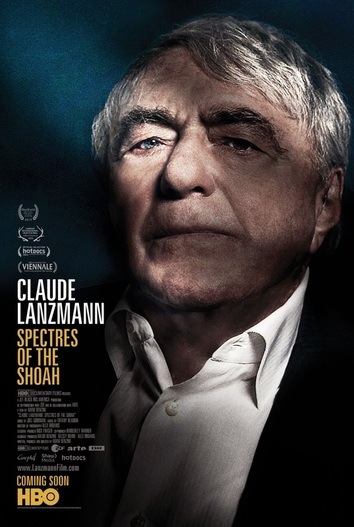
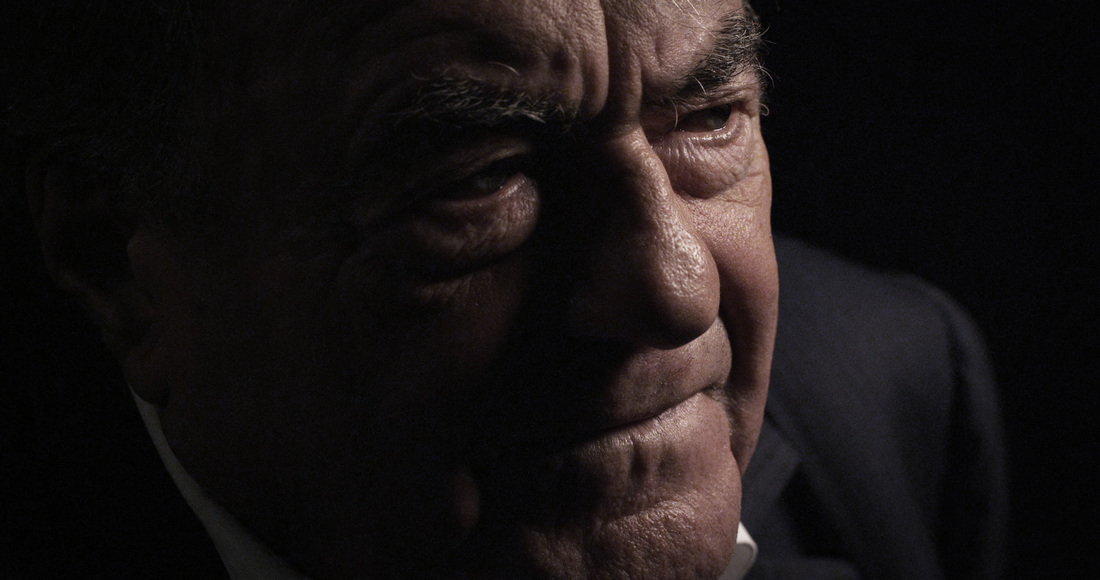
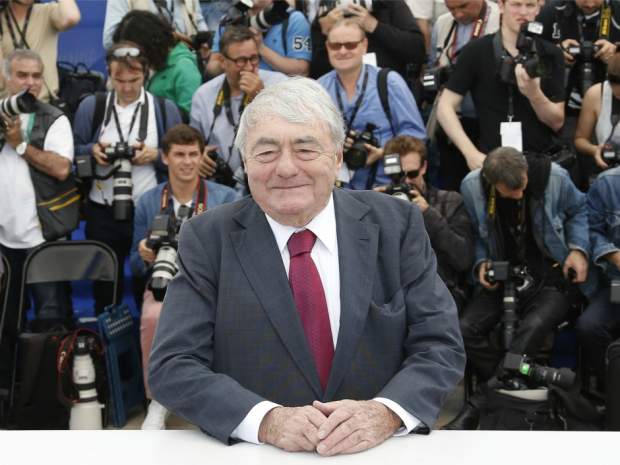
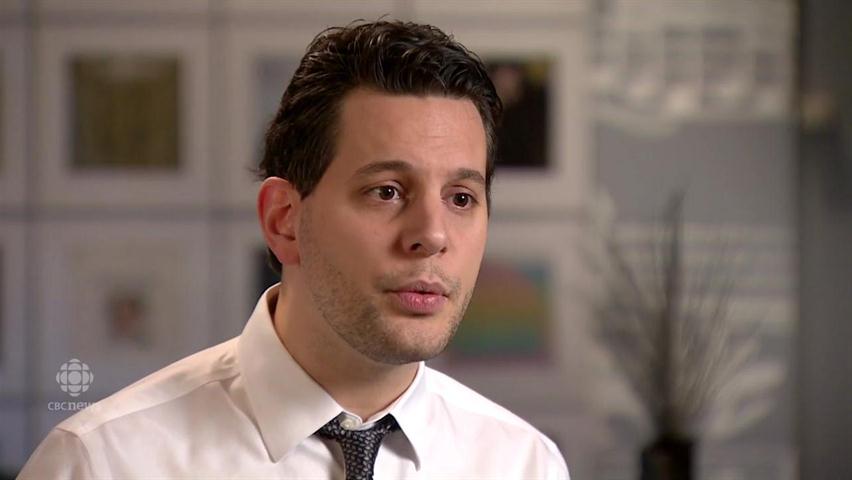
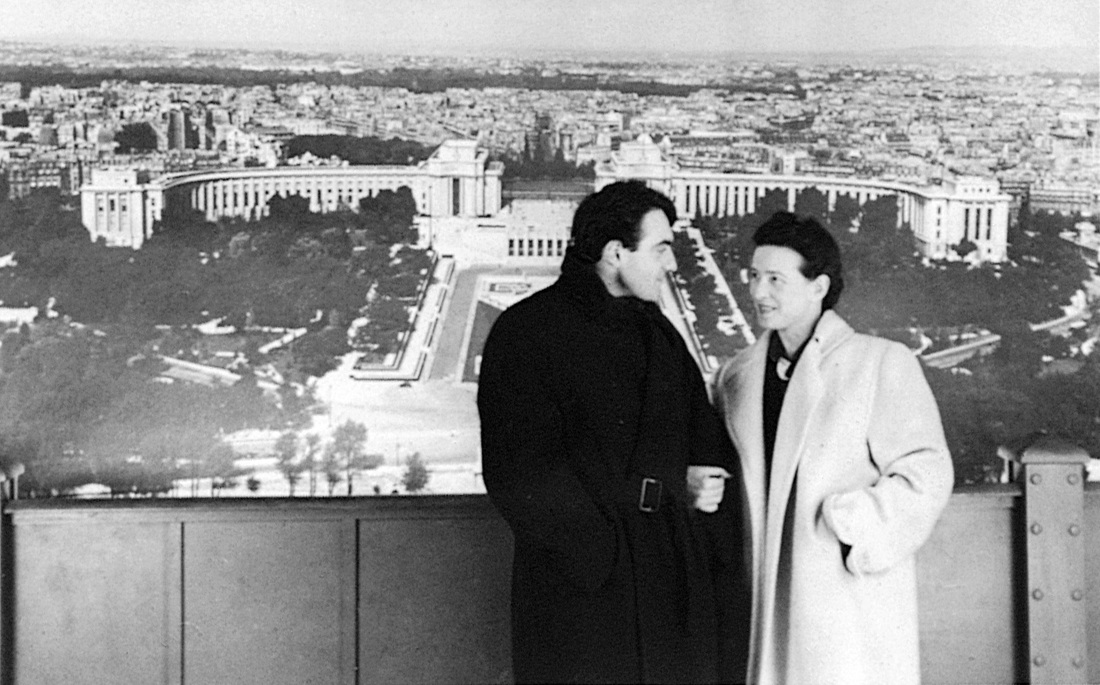
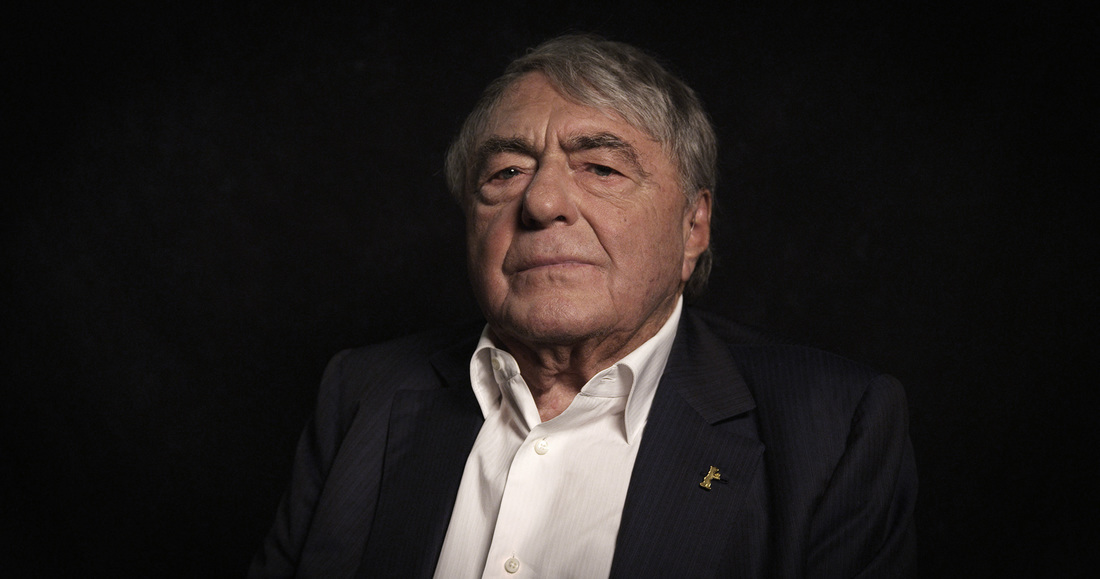
 RSS Feed
RSS Feed